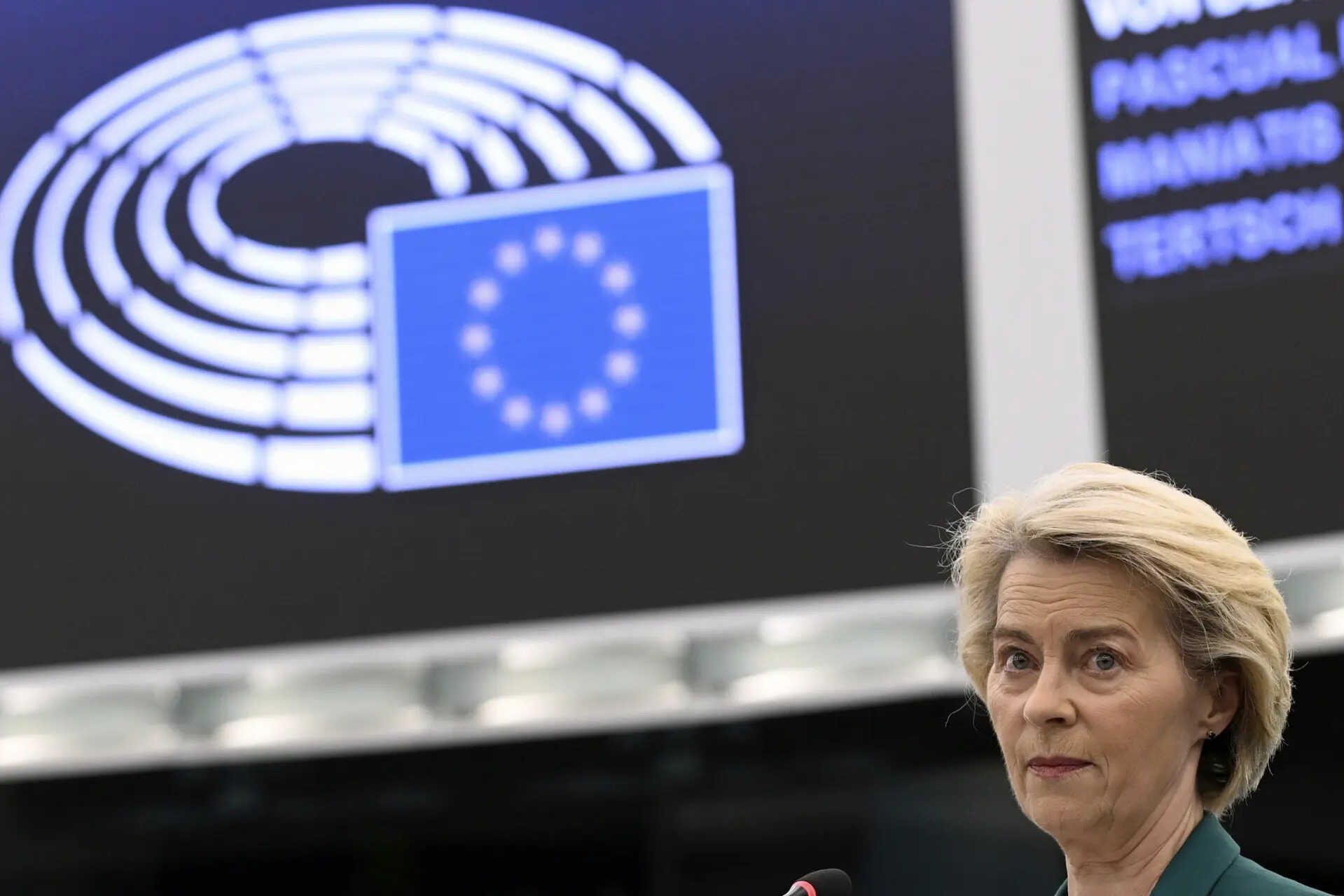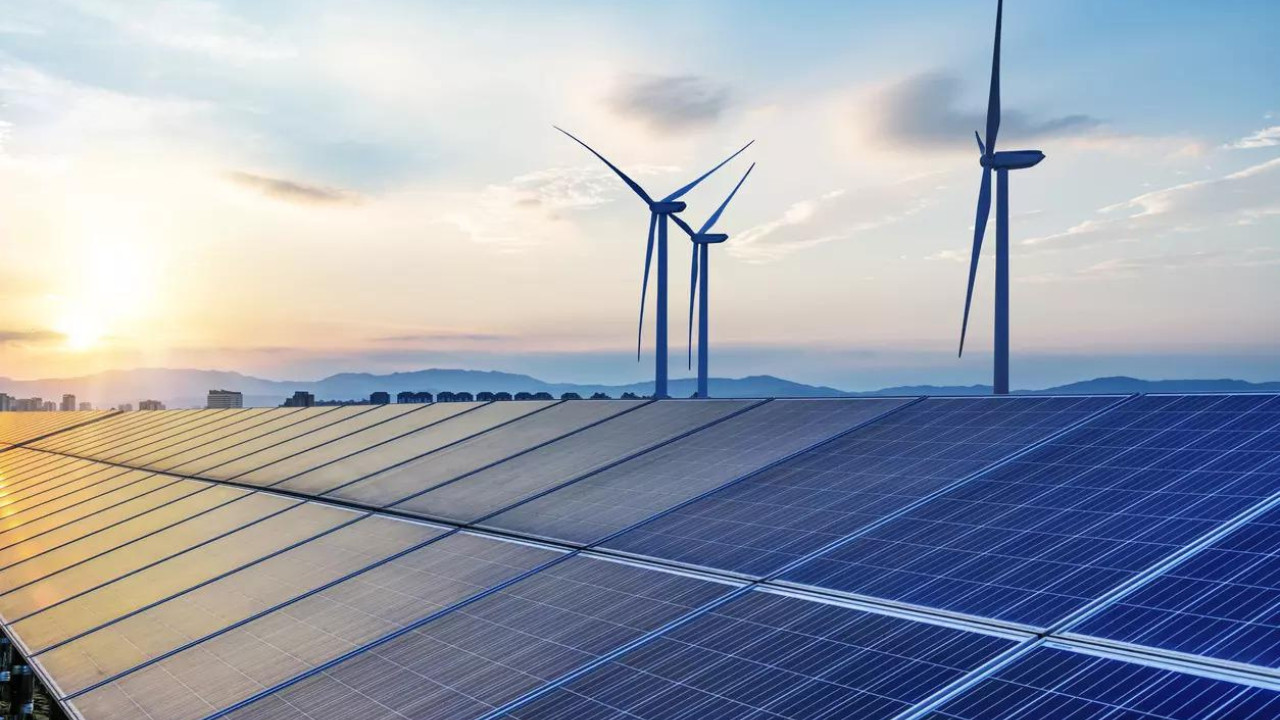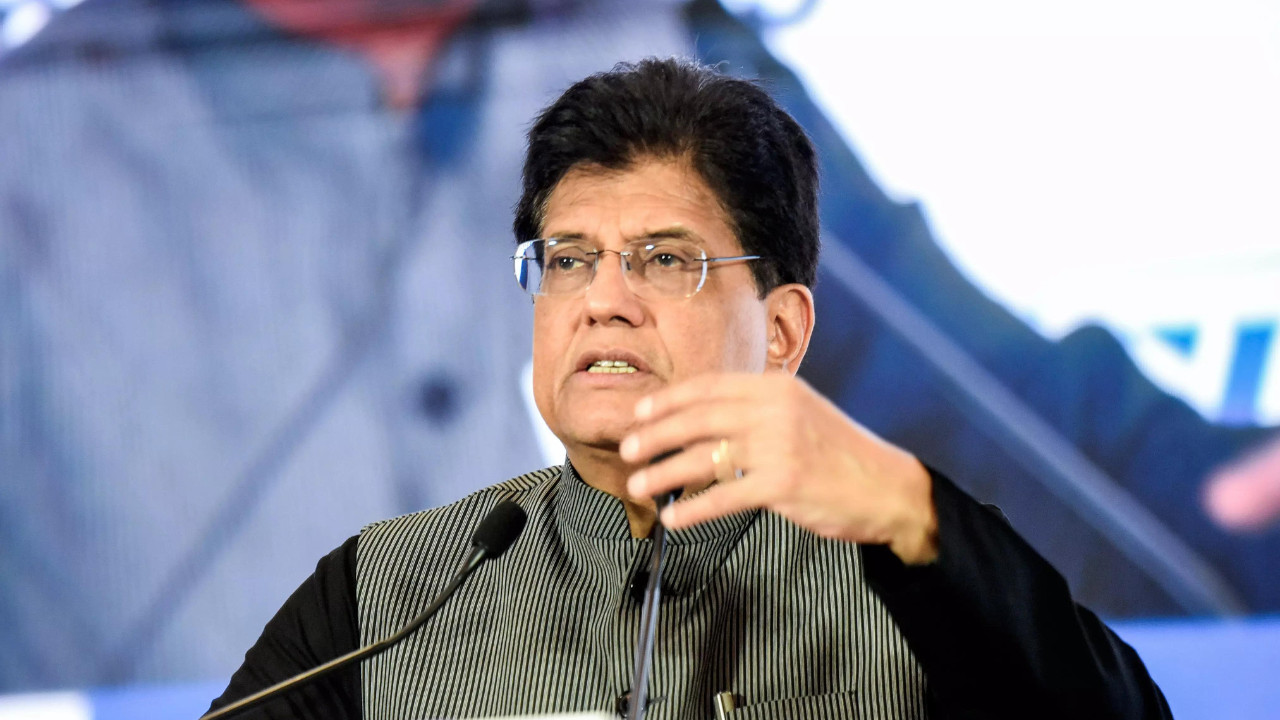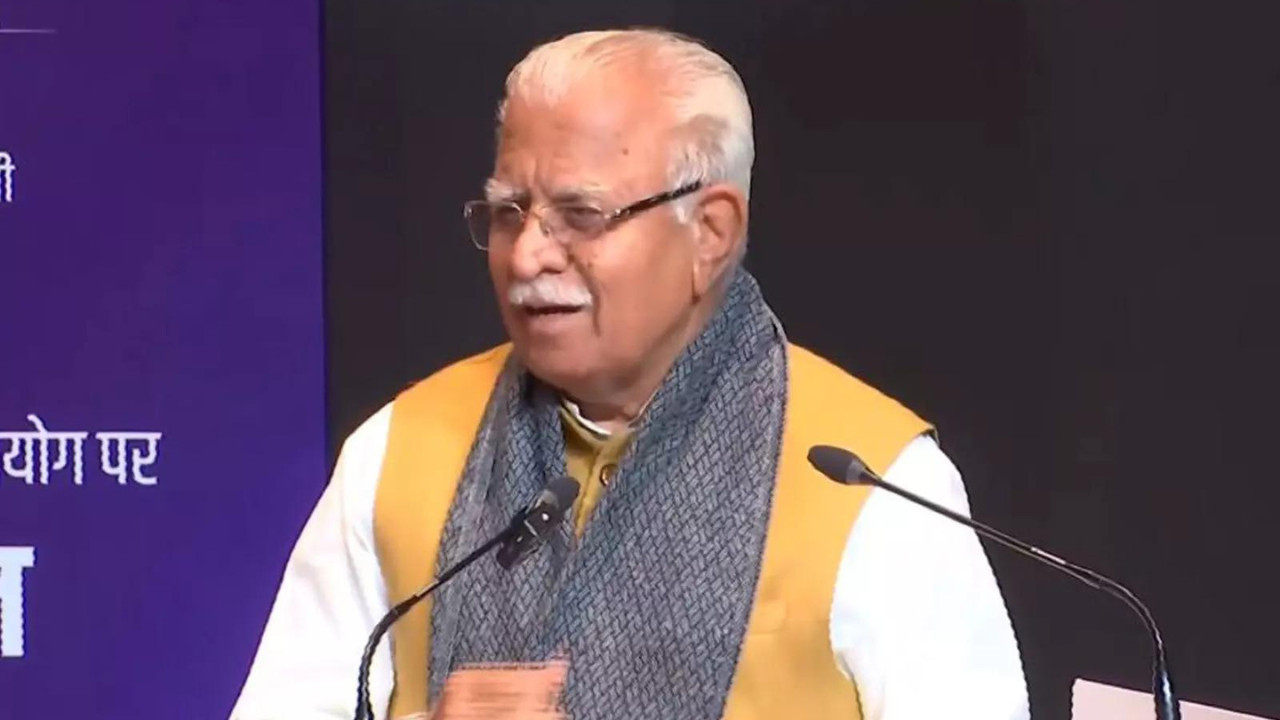Ursula von der Leyen and Prabowo Subianto announced a “political agreement” to finalize a free trade deal amidst global trade disruptions. The agreement, under negotiation since 2016, aims to boost trade and investment between the EU and Indonesia. This milestone signifies the EU’s pursuit of new markets and strengthens ties with strategic partners, particularly as trade tensions rise elsewhere.
A New Chapter Unfolds: The EU and Indonesia Forge Trade Ties
Imagine a bridge stretching across continents, connecting two vastly different but equally vibrant economic landscapes. That’s precisely what’s taking shape as the European Union and Indonesia have announced a significant political agreement on a comprehensive trade deal. The air crackled with anticipation during the joint press conference in Jakarta, where EU Commission President Ursula von der Leyen declared the agreement a “milestone” – and with good reason. This isn’t just another trade pact; it’s a potential game-changer for both regions.
For years, the EU Indonesia trade pact, officially known as the Comprehensive Economic Partnership Agreement (CEPA), has been a topic of intense negotiation. Think of it like meticulously crafting a complex tapestry, each thread representing different industries, regulations, and ambitions. Now, after much deliberation, the major outline is complete, and the details are being finalized.
What’s at Stake? A Look at the Potential Benefits
So, why is this agreement such a big deal? The answer lies in the immense potential for economic growth and collaboration. Indonesia, Southeast Asia’s largest economy, boasts a rapidly expanding middle class and a youthful, dynamic workforce. The EU, a global economic powerhouse, offers advanced technology, investment capital, and access to a massive consumer market. Put these two together, and you have a recipe for exciting possibilities.

The agreement aims to slash tariffs, streamline trade procedures, and boost investment flows. Indonesian President Prabowo Subianto hailed the deal as a “breakthrough” that will unlock new opportunities for Indonesian businesses and create jobs. He emphasized the importance of attracting European investment to support Indonesia’s ambitious development goals. Similarly, EU officials are keen to tap into Indonesia’s growing market and diversify their supply chains.
Think of Indonesian coffee beans finding their way into European cafes more easily, or European technology powering Indonesian factories. CEPA has the potential to create a ripple effect, stimulating growth in sectors ranging from agriculture and manufacturing to renewable energy and digital services.
Navigating the Nuances: Challenges and Considerations
Of course, any agreement of this magnitude faces its share of challenges. Negotiations have been ongoing for over a decade, highlighting the complexities involved in aligning different regulatory frameworks and addressing concerns about sustainability and human rights.
One key area of focus has been ensuring that the trade deal promotes sustainable development and protects the environment. Both the EU and Indonesia have committed to upholding environmental standards and promoting responsible business practices. This includes addressing concerns about deforestation, promoting sustainable palm oil production, and ensuring that labor rights are respected.
Another crucial aspect is ensuring that the benefits of the trade deal are shared equitably. This means supporting small and medium-sized enterprises (SMEs) in both regions and providing them with the tools and resources they need to succeed in the global marketplace. It also involves investing in education and training to equip workers with the skills they need to compete in the changing economy.
Internal Link: Read more about the evolving global trade landscape.
Looking Ahead: The Road to Ratification
While the political agreement is a major step forward, the journey isn’t over yet. The agreement still needs to be finalized, translated into legal text, and ratified by both the European Parliament and the Indonesian Parliament. This process could take several months, or even years.
However, the momentum is clearly on the side of progress. The leaders of both the EU and Indonesia have expressed their strong commitment to seeing the agreement through to completion. They recognize that the EU Indonesia trade pact is not just about economics; it’s about building a stronger, more sustainable, and more prosperous future for both regions. It represents a deeper relationship, built on mutual respect and shared values.
In conclusion, the political agreement between the EU and Indonesia on a comprehensive trade deal marks a pivotal moment. While the path to full implementation may have its hurdles, the potential benefits for both economies are undeniable. This partnership promises new avenues for growth, investment, and collaboration, solidifying the EU and Indonesia’s positions on the global stage.







